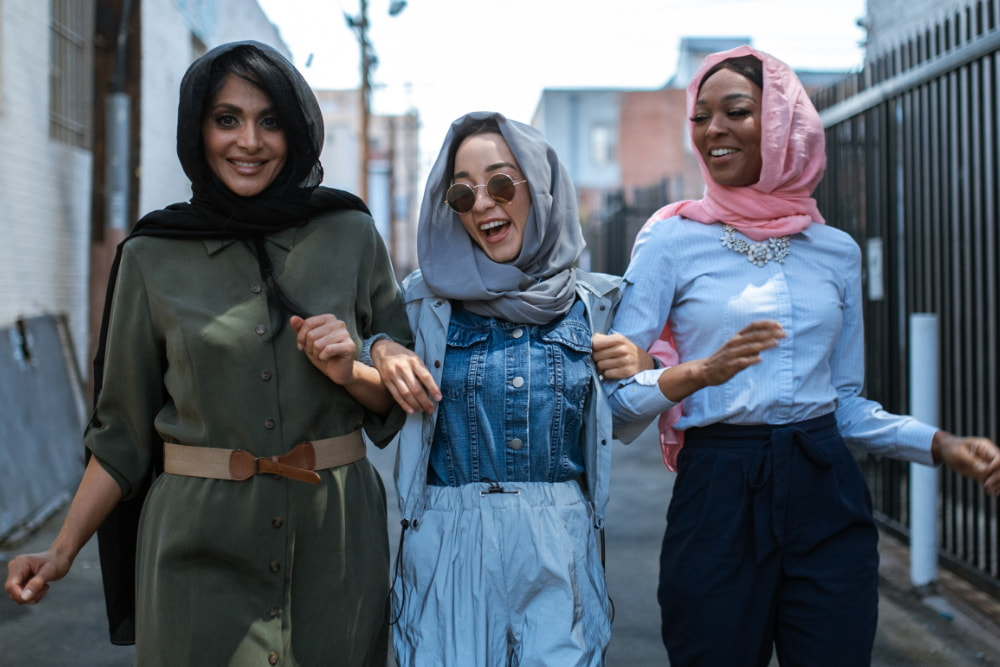Article
Reaching diverse audiences: how can comms effectively target British muslims?

There has been a huge shift in focus towards diversity and inclusion in PR and marketing in recent years. Diffusion recently joined a webinar hosted by The Blueprint titled ‘Muslims: the audience brands can’t afford to ignore’, Arif Miah and Ala Uddin of creative agency mud orange spoke about how brands need to work on making their Muslim-targeted communications forever, not fleeting.
So, how can PRs ensure they are speaking to this important audience all year round, and not just with a one-off Ramadan campaign
According to Arif and Ala, there’s a lot that is missing from PR strategies when it comes to communicating with Muslims. While globally, people are becoming less religious, 92% of British Muslims say their religion influences their purchasing decisions. But this doesn’t necessarily mean they’re all socially conservative – most are culturally cosmopolitan and feel strongly British. There is a tendency for brands to treat all Muslims the same and assume they have the same needs and preferences, but in reality the picture is very different in the UK.
British Muslims are very ethnically diverse – while the largest proportion are Asian, 10% are Black, 7% are Arab and 8% are White. Therefore, a one-size-fits-all approach just won’t work. Brands often fall into stereotypes such as using the colours of the Pakistan national flag in branding, using Arabic in their copy, and casting ‘ethnically ambiguous’ models in an attempt to cater to all, but this can read as lazy and tone deaf. Muslims, particularly the younger generation, are demanding more from the brands they buy into.
The key, say Arif and Ala, is to think long-term. It’s all too easy to develop a campaign for Ramadan or Eid – and yes, this may score your brand some social awareness points and positive coverage – but Muslims need brands to cater to them all year round. Building trust and loyalty with this audience will take time, but it presents a huge opportunity. Think about the release of the Nike Pro Hijab. Nike worked with Muslim athletes for a long period of time prior to the release, testing and retesting prototypes for peak performance. It wasn’t just a hastily-produced afterthought. But it worked, empowering female Muslim athletes to reach greater heights and resulting in a significant halo effect around Nike that extended to all ethnicities.
Brands should consider the commercial potential of every after-work drinks where their non-alcoholic beverage can be front of mind, every family dinner where halal options are needed, and every party where a modest outfit is needed – these are real chances to foster authentic and evergreen consumer relationships.





